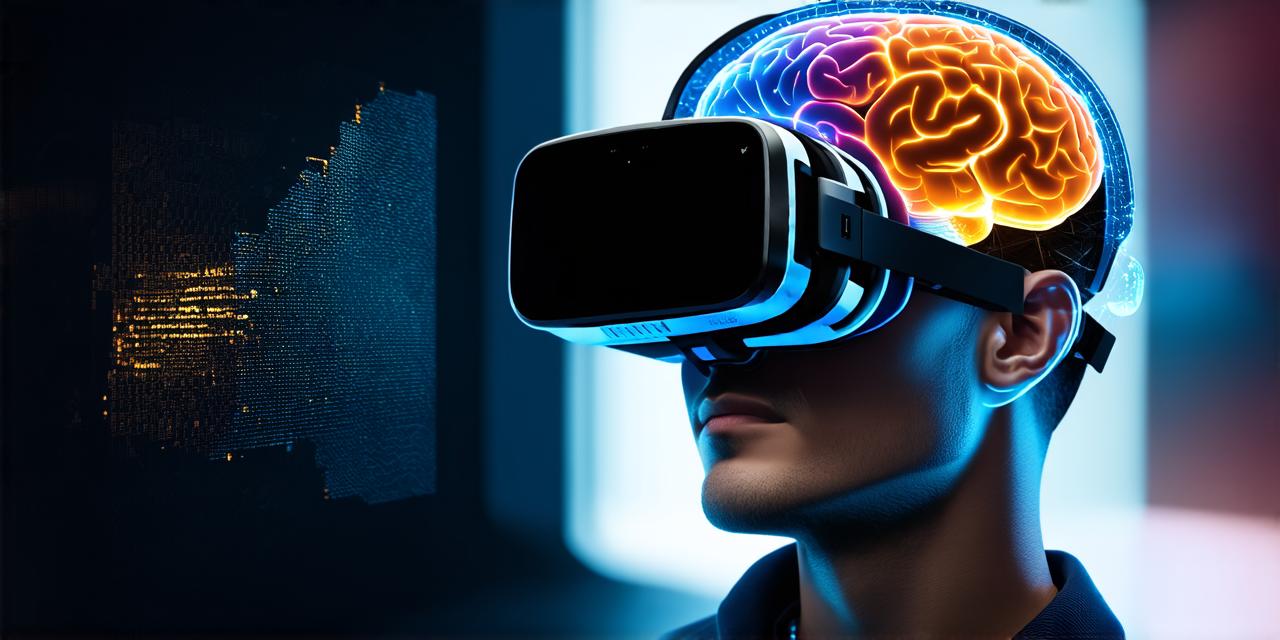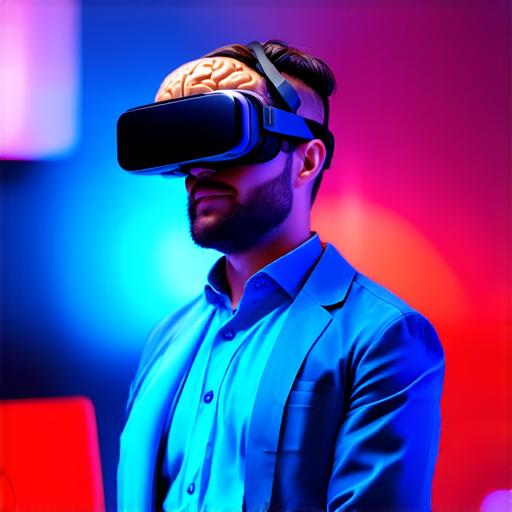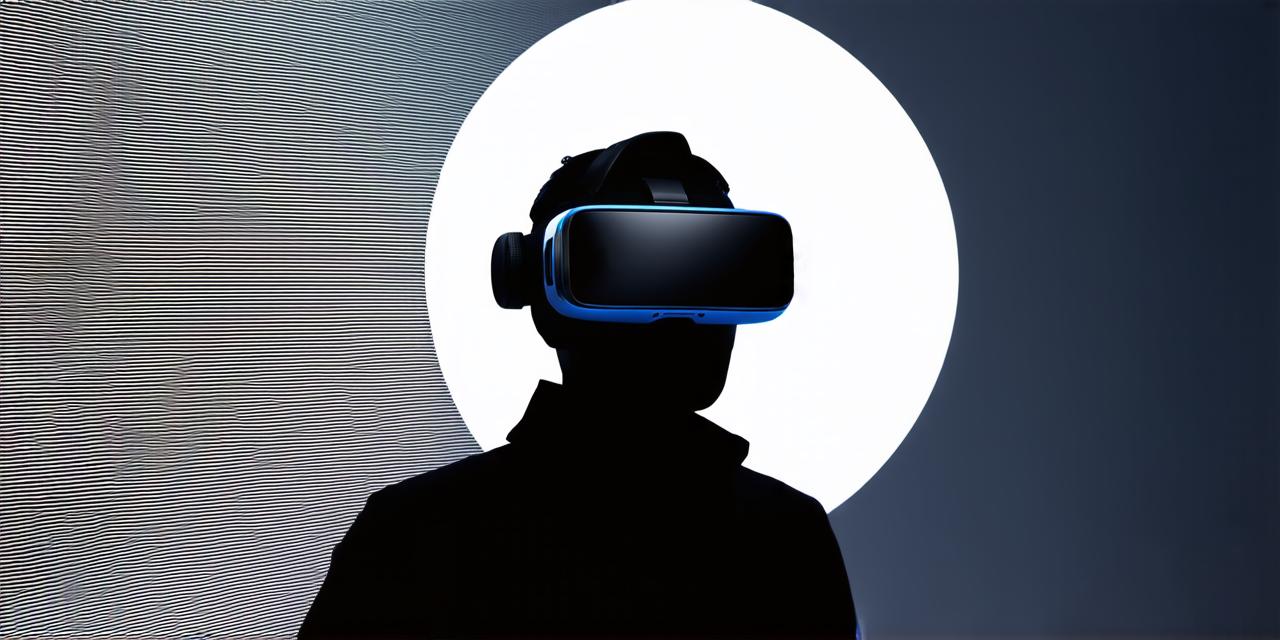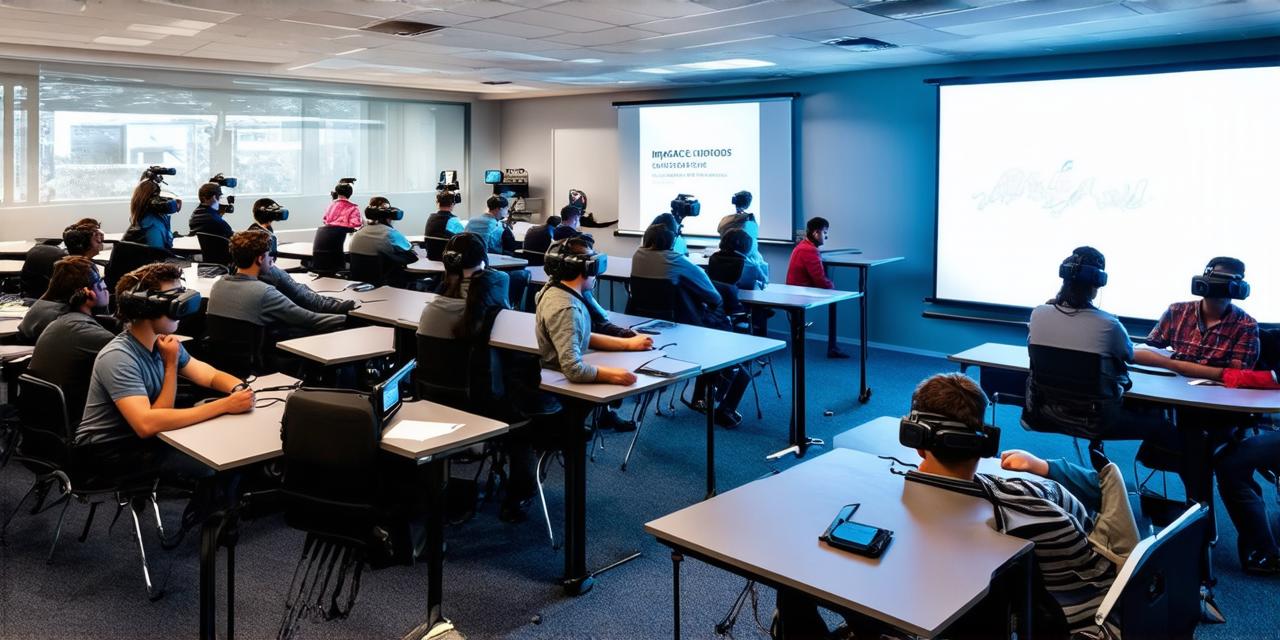
Is virtual reality good for the brain?
Virtual reality (VR) technology has been rapidly evolving over the past few years, and it is gaining popularity as a way to enhance various experiences. VR can be used for entertainment, education, therapy, and many other applications. In this article, we will discuss whether virtual reality is good for the brain.
One of the main benefits of virtual reality is that it can improve cognitive functions such as memory, attention, and problem-solving skills. When you enter a virtual environment, your brain is stimulated by new sights, sounds, and sensations, which can help to enhance neural plasticity.
Neural plasticity refers to the ability of the brain to change and adapt in response to new experiences.

Virtual reality can also be used for therapy purposes. For example, it can be used to treat anxiety disorders, post-traumatic stress disorder (PTSD), and phobias. By creating a virtual environment that simulates real-life situations that trigger these conditions, individuals can learn coping strategies and gradually overcome their fears in a safe and controlled environment.
In addition, VR technology can improve motor skills, balance, and coordination. Many VR games require players to use handheld controllers or sensors to move their virtual bodies, which can help to improve fine motor skills and dexterity. VR can also be used for physical rehabilitation purposes, such as helping individuals regain strength and mobility after an injury.
Another benefit of virtual reality is that it can reduce stress and promote relaxation. By entering a virtual environment that simulates a peaceful or calming setting, individuals can reduce their levels of cortisol, a hormone associated with stress. This can help to improve overall mental health and well-being.
However, it is important to note that excessive use of virtual reality technology can have negative effects on the brain. For example, prolonged exposure to VR can cause motion sickness or disorientation, which can lead to headaches and other symptoms. Additionally, some individuals may become addicted to VR, leading to social isolation or neglect of other important aspects of their lives.
In conclusion, virtual reality technology has many potential benefits for the brain. It can improve cognitive functions, promote therapy, enhance motor skills, reduce stress, and promote relaxation. However, it is important to use VR technology responsibly and in moderation, to avoid negative effects on the brain.

